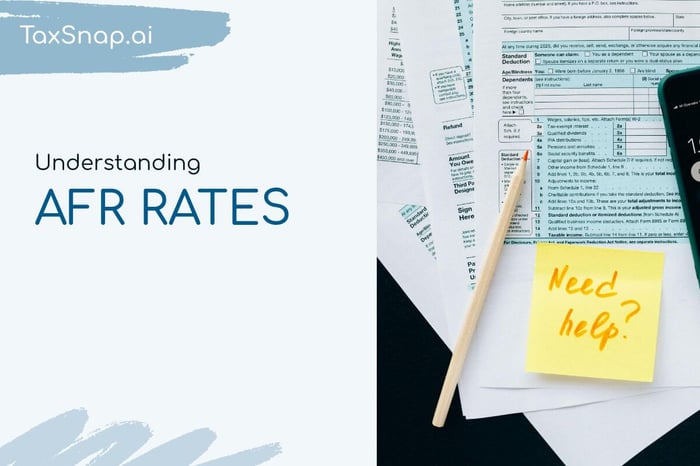As a single filer, you may notice that your income tax may be higher and that you lose out on certain deductions on your tax return. However, that can suddenly change once you find that special someone. When you get married, you unlock a whole new tax bracket and can save thousands in a given tax year. From estate tax to tax planning, the impact on tax situations is widespread. We'll examine some key areas and how you can get into a lower tax bracket.
Married Filing Jointly Advantages
One of the main benefits of "married filing jointly" under the tax code is that married couples are allowed to file together. When doing this, you can get a much larger standard deduction than individuals or married couples who file separately. In 2024, a married couple filing jointly had a deduction of $29,200 compared to $14,600 for those who filed single or filed as married filing separately. These tax savings can be huge in a given income tax bracket for a given year.
Married Filing Separately
Married filing separately means each spouse files their own tax return, reporting income and deductions individually. Tax rates still apply but you handle tax filing individually. This can either reduce or increase your overall tax liability, depending on your specific income levels and financial situation.
So, when would you want to file separately? One of the most common scenarios is that one partner makes significantly more money on their earned income. This can, in turn, make their partner pay a higher tax if they combine and file jointly. So instead of getting a tax exemption and a tax refund, their partner is now paying taxes.
Another common scenario is high medical bills. If a single taxpayer has high medical bills and makes significantly less than their partner, then they lose out on exemptions that can affect their tax bill.
Married Couple With Children: Tax Credits
When it comes to taxes and families, there are three key areas we can focus on that affect your tax. They are as follows
- Child Tax Credit
- Credit for Child and Dependent Care Expenses
- Earned Income Tax Credit
Let's focus on the Child Tax Credit first. This credit helps you save money by having a higher income threshold if you file a joint tax return. The more children you have under the age of 17 who are your dependents, you get more of a tax break.
The Credit for Child and Dependent Care Expenses allows you to get money back on your tax return for money you spent in a given tax year on child care while you worked or looked for work. Child and dependent care tax breaks can be huge for families that have two working spouses.
Lastly, the Earned Income Tax Credit is greatly impacted by children and your filing status. The amount of credit you get and your eligibility depend on your marital status and whether qualifying children live with you for more than half the year.
Tax Brackets and Tax Benefits of Marriage for Estate and Gift tax
One of the most powerful tax benefits of marriage in the estate context is the unlimited marital deduction. This deduction allows married taxpayers, when a spouse dies, to transfer assets free of tax. This is important when preparing your tax return if you had a spouse pass away in that year. This will greatly reduce your individual tax and is one of the key tax benefits for married couples.
Another key area is gift giving. Did you know that in a given year, there can be an annual gift tax? This does not apply when you are filing as a married couple to any gifts given between the couple. While not a tax deduction, it is a huge boost to those, especially in a higher tax bracket, and filing one tax return.
Marriage Penalty on Income Tax
While marriage often brings potential tax advantages, it's also possible for couples to experience what's known as a "marriage penalty," where their combined tax liability is higher than if they had remained single and filed separately. This can result in additional tax, which nobody wants. Certain taxes can be avoided by not filing jointly if both individuals are high-income earners. Since the tax income bracket is progressive, if both spouses are in high tax brackets and combine their income, it can result in them being pushed into a higher tax rate, and they can lose out on significant tax benefits when they claim the earned income tax benefits.
Tax Planning Strategies and Tax Advantages
It is always important to consult a tax professional to avoid tax implications with state and federal estate tax and to learn how you can improve your tax planning every year. When it comes to a tax bill, you want to make sure you are doing everything to avoid a tax penalty and paying significant tax. Tax code can be confusing, and we strive to make it more transparent. CPA's and Tax Professionals can use TaxSnap.ai to quickly do research and augment their ability to focus on clients.



